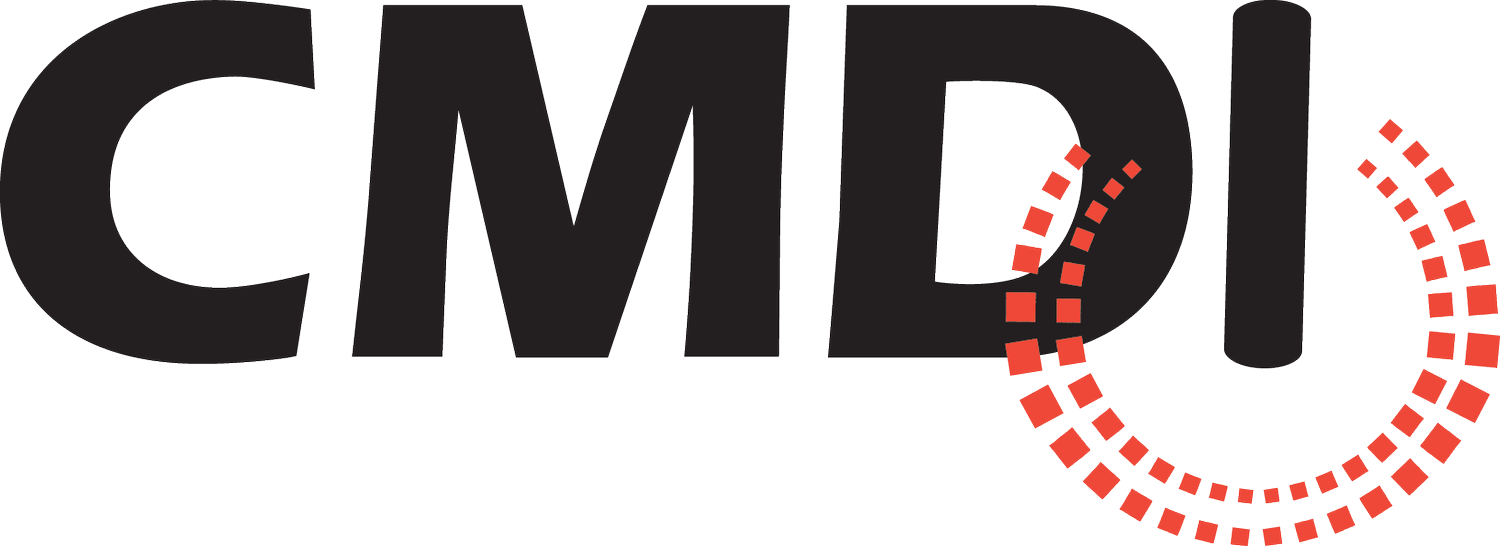Cybersecurity for Campaigns: Don’t Let Hackers Win Your Election
In the fast-paced world of political campaigns, your team is focused on one thing — winning. But while you’re working long hours to secure votes or raise money, cybercriminals are working just as hard to compromise your campaign’s data. And the truth is, too many campaigns are leaving the door wide open for them.
Whether you’re running a small local race or a national campaign, you are a target. Foreign adversaries, political opponents, hacktivists, and even disgruntled voters are all potential threats. The stakes are high, and the consequences of a breach, whether it’s stolen donor data, leaked emails, or sabotaged fundraising efforts, can be devastating.
Why Are Political Campaigns Prime Targets?
Campaigns collect and store a treasure trove of sensitive information:
Donor credit card data
Voter contact information
Internal strategy documents
Confidential polling results
Unfortunately, campaigns often operate under tight budgets and with transient, inexperienced staff, making them easy targets. When campaigns are moving fast, security often becomes an afterthought.
Common Cybersecurity Mistakes That Put Campaigns at Risk
1. Shared Accounts and Weak Passwords
Using shared accounts might save a little money on software licenses, but it’s a disaster waiting to happen. When everyone uses the same login, you lose accountability and increase the risk of a breach. Even worse, many campaigns still rely on weak passwords like Victory2024 or Password1.
2. Failing to Use Multifactor Authentication (MFA)
MFA is one of the simplest, most effective ways to prevent unauthorized access, yet many campaigns avoid it because it feels inconvenient. It may take an extra 30 seconds, but it can mean the difference between a secure system and a catastrophic breach.
3. Poor Access Controls
Not every volunteer needs access to sensitive donor records or campaign strategy documents. Limit access based on roles and responsibilities. Your volunteer phone bankers don’t need the same system permissions as your finance director.
4. Falling for Phishing and Spear Phishing Attacks
Campaign staffers are often flooded with emails, making them prime targets for phishing attempts. Spear phishing, where attackers craft highly personalized messages, has become especially dangerous. If a campaign manager receives an email that looks like it’s from the candidate asking for urgent action, are they trained to think twice before clicking?
Simple Steps to Secure Your Campaign
1. Protect Devices with Endpoint Security and Anti-Malware Software.
Every device used by your campaign, laptops, tablets, and smartphones, is a potential entry point for hackers. Ensure that all devices have up-to-date endpoint security and anti-malware software installed. These tools help detect and block malicious activity before it can compromise your systems. Encourage regular software updates and security patches, and consider using remote wipe capabilities for devices that store sensitive information. Remember, it only takes one infected device to put your entire campaign at risk.
2. Stop Sharing Passwords.
Invest in additional software licenses and create individual accounts for each user. This keeps systems more secure and helps identify who made specific changes if something goes wrong.
2. Enable MFA on Everything.
From your campaign CRM to email accounts and social platforms, turn on multifactor authentication everywhere it is available. You can also consider using a hardware security key for your most sensitive accounts.
3. Train Your Team to Recognize Threats.
Mandatory cybersecurity training isn’t just for Fortune 500 companies. Teach your team to spot phishing emails, avoid suspicious links, and understand why oversharing personal information online can make them, and the campaign, a target.
4. Manage Access Wisely.
Use your campaign management tools to set permissions appropriately. Volunteers should never have access to full voter files or financial data.
5. Back Up Your Data and Have a Recovery Plan.
Daily backups are critical. If ransomware locks you out of your data, backups ensure you can keep moving forward without paying a ransom or losing critical information.
Think You’re Too Small to Be a Target? Think Again.
Whether you’re working on a House race in rural Texas or a Senate race in a battleground state, your campaign is politically relevant, and that makes you a target. If you’ve made anyone angry, you’re already on someone’s radar.
The good news is that improving your security doesn’t have to be expensive or complicated. Simple steps like turning on MFA, using stronger passwords, and eliminating shared accounts make a huge difference.
At CMDI, we understand the unique cybersecurity challenges campaigns face. Our tools are designed to help you run a secure, efficient, and successful campaign. Don’t wait until it’s too late. Implement these strategies now and keep your campaign focused on what really matters: winning.


